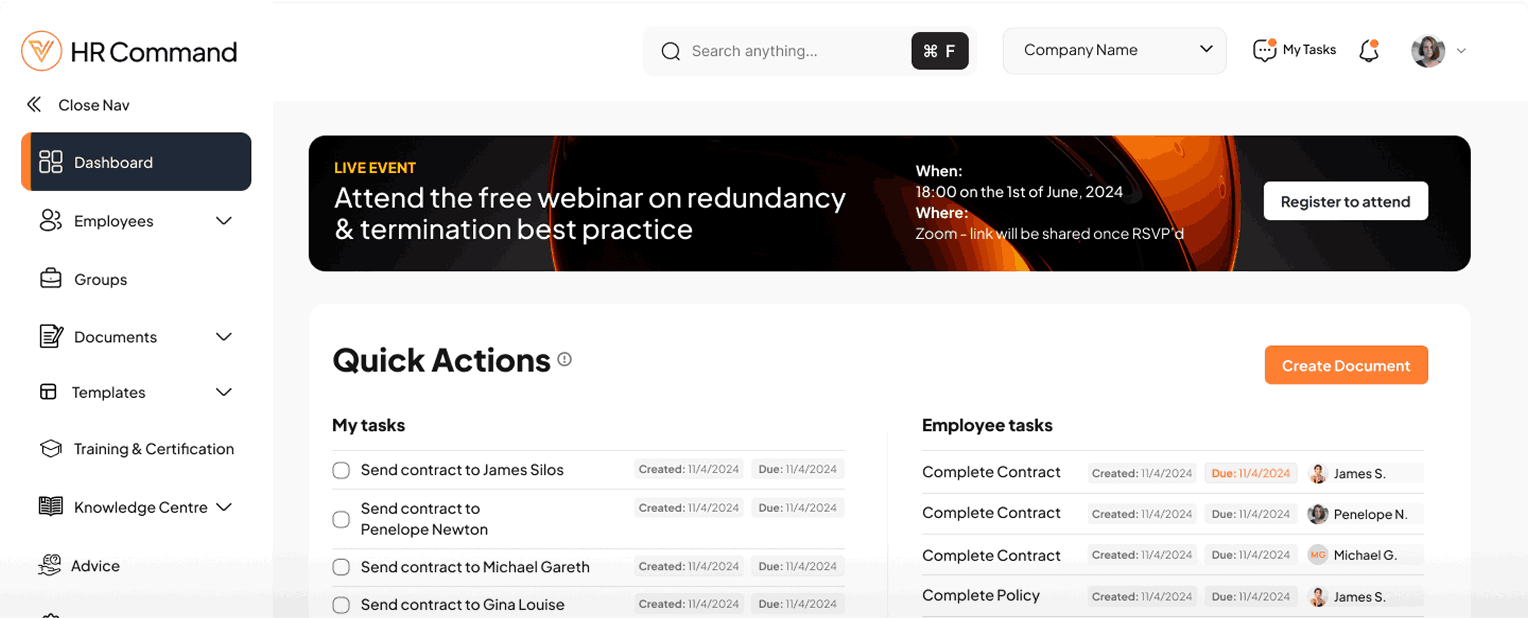September has been a significant month for Australian workplaces, with developments affecting legislation, employee expectations, technology, and safety. HR managers and business owners should take note of these changes to stay ahead.
Victoria’s Push for a Right to Work From Home
The Victorian Government is considering new laws that could give employees the right to work from home at least two days a week. The reform aims to encourage regional living and improve work–life balance. More than 18,000 people provided feedback during consultation, highlighting how important flexibility has become. Business groups have raised concerns about added red tape and potential impacts on productivity.
Employees Aiming Higher on Salary
Rising living costs are pushing workers to aim for higher salaries. Job searches on SEEK show strong interest in salaries between $100,000 and $200,000, and many younger workers indicate they would trade remote work for a pay rise. Employers need to be aware that wage expectations are shifting quickly, which will influence recruitment and retention strategies.
NT Anti-Discrimination Bill Paused
In the Northern Territory, proposed changes to the Anti-Discrimination Bill have been paused. Critics argue that the reforms, which could allow religious schools to set stricter faith-based requirements, risk over-reaching into employees’ personal lives. This highlights the importance of staying on top of workplace rights and legal compliance.
Companies Dial Back on DEI and ESG Messaging
Many companies are reducing references to diversity, equity, inclusion, and sustainability in their annual reports, although internal programs continue. This reflects investor sentiment and a focus on substance over public messaging, but HR leaders must ensure internal compliance and culture remain strong.
AI and Job Security in the Spotlight
At Commonwealth Bank, a worker who trained the bank’s AI chatbot was made redundant, raising questions about how AI is deployed and the protections employees need. Transparent communication, retraining, and workforce planning are crucial to avoid reputational and operational risks.
Workplace Safety Under Scrutiny
A Sydney Airport freight handler was fatally injured, and a WA apprentice suffered a serious machinery accident. Both incidents are under investigation and reinforce the need for rigorous safety protocols and proactive WHS practices.
What This Means for Employers and HR Managers
Flexible work may become a legal right
Employers should review remote work policies now to ensure readiness for potential regulation.
Pay expectations are shifting fast
With $100,000+ salaries becoming more common, businesses should benchmark compensation and explore creative benefits to attract and retain talent.
Compliance remains under scrutiny
Changes in legislation, like the NT bill, show how workplace laws can shift quickly. Policies around discrimination, diversity, and inclusion should be regularly reviewed.
AI adoption must be people-focused
Technology rollouts need clear communication, retraining opportunities, and redeployment planning to protect staff and reputation.
WHS must remain a priority
Even a single safety lapse can have serious consequences. Continuous investment in safety culture, training, and reporting systems is essential.











